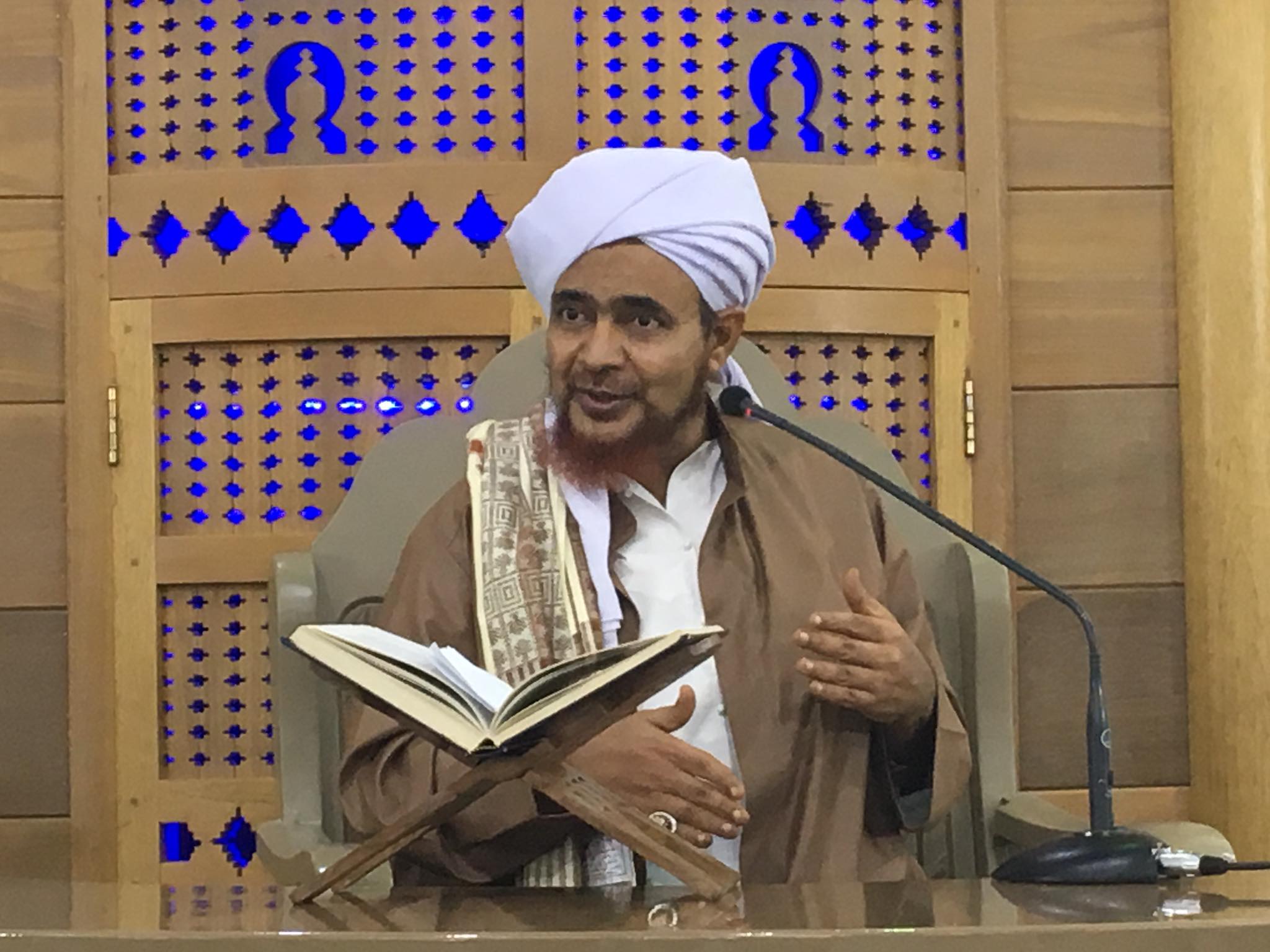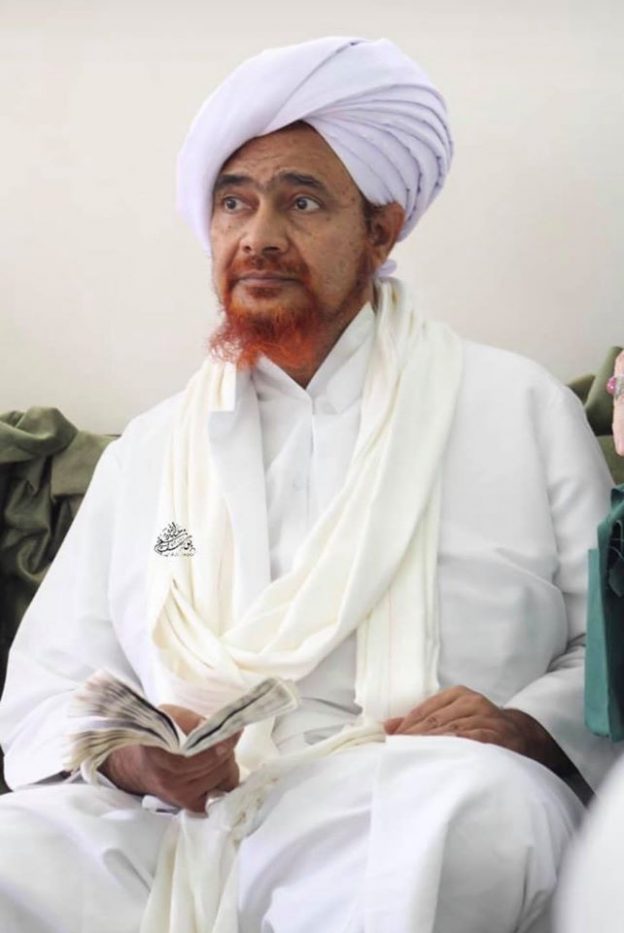Answered by Sayyidi Habib Umar bin Hafiz (may Allah protect him and benefit us by him)
Should I recite awrad if I have prayers to make up?
There is a difference of opinion regarding this but the best course of action is to gradually make up your prayers and to take the position that it is permissible to recite the awrad and pray supererogatory prayers at the same time.










